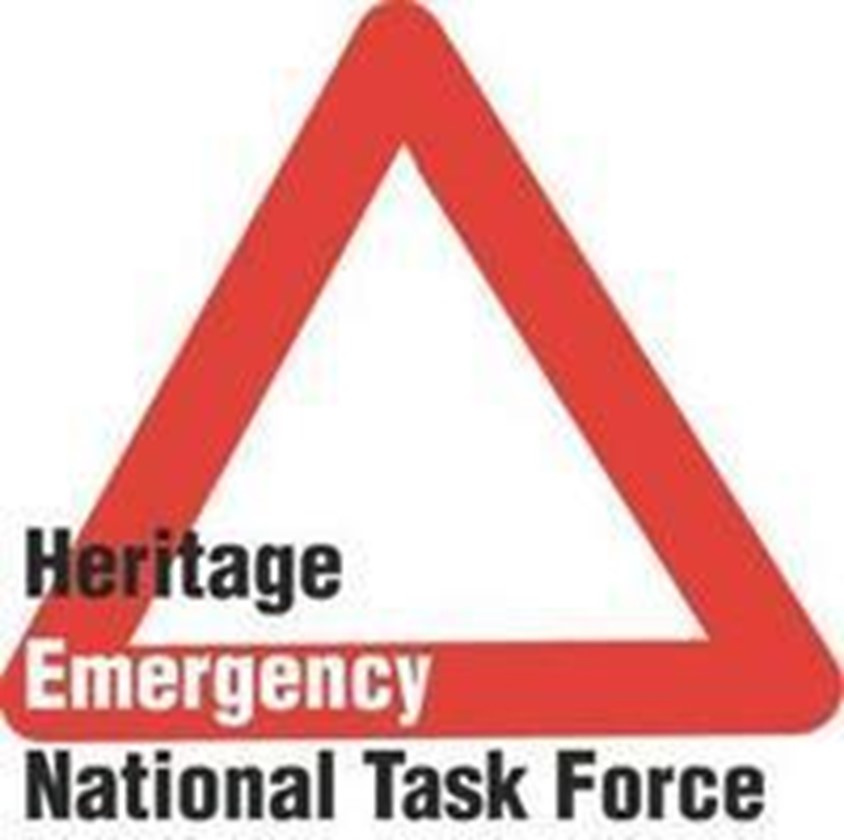Heritage Emergency and Response Training (HEART) Application Announcement

Heritage Emergency and Response Training (HEART) Application Announcement
Date: September 7, 2023 - September 28, 2023
Important Date
Event Details
The Heritage Emergency National Task Force (HENTF), a partnership between FEMA and the Smithsonian Institution, HEART trains emergency managers and cultural stewards to gain the skills and hands-on experience needed to protect, evacuate, and salvage the irreplaceable objects that bring meaning and understanding to their community.
Thanks to generous funding from The Andrew W. Mellon Foundation, The National Endowment for the Humanities, and The Bank of America, participation in HEART is free.
Lodging expenses in Washington, D.C., will be covered for all selected participants. Lunch will be provided during the in-person training; however, participants will be expected to cover the rest of their meal costs, all incidental expenses, and local travel. Please note that participants will also be expected to cover travel to and from D.C. Limited travel funds are available to subsidize travel costs; you will be able to request assistance if selected for the program.
How to Apply
Selection of 25 participants will be made on a competitive basis from cultural heritage and first responder/emergency management organizations or agencies in the United States, U.S. territories, or Indian Country. Please note that FEMA and Smithsonian Institution staff are ineligible to apply.
All applicants must apply for the HEART course through the Smithsonian’s online application portal, SOLAA. Please do not send any application material directly to SCRI or HENTF. The application deadline is Thursday, September 28, 2023, 11:59 pm EDT.
Expected Outcomes
At the end of the training, participants will be able to:
- Assess and manage risks to cultural heritage in emergency situations;
- Explore the values associated with cultural heritage and the impact that disasters have on these values;
- Improve existing disaster plans at their organization or agency, or on behalf of other organizations or agencies;
- Take preventive actions to reduce disaster risk and improve response;
- Secure, salvage, and stabilize a variety of cultural materials;
- Manage a response team to implement effective actions during crises that affect cultural heritage;
- Communicate successfully with the various actors, including the media, involved in an emergency response;
- Identify relevant programs and services that can assist cultural heritage organizations in the event of a disaster; and
- Understand how first aid for cultural heritage supports recovery in affected communities and how it fits into the National Planning Frameworks.
After completing their training, participants are ready to support measures to protect cultural heritage in their own organizations – and in their communities. Graduates will join the larger HEART alumni network and can participate in future online educational sessions that reinforce concepts covered during the in-person training.
Event Contact
For additional information, email the Heritage Emergency National Task Force at fema-hentf@fema.dhs.gov or hentf@si.edu.

